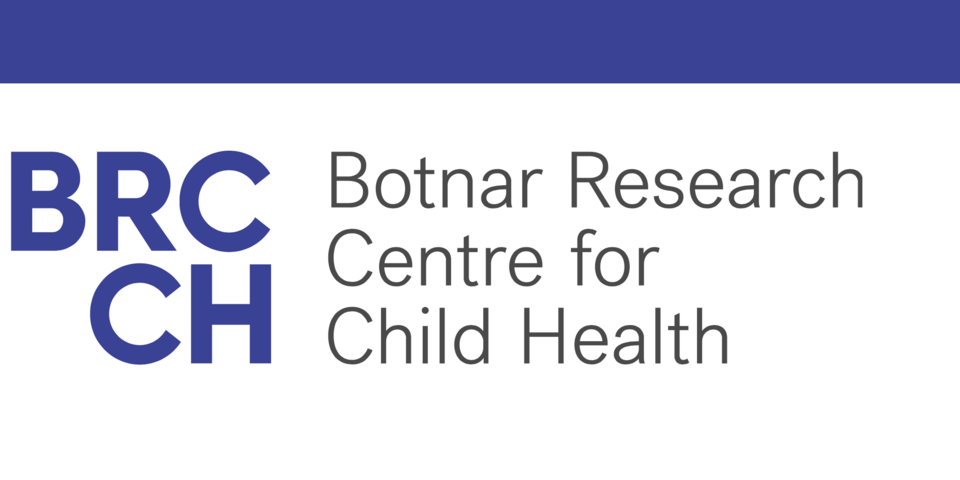DBE Double Success at BRCCH Principal Investigator Initiative!

Edgar Delgado-Eckert and Robin Sandkühler/Philippe Cattin have been successful at the PII scheme of the Botnar Research Center for Child Health.
Delgado-Eckert’s project is called ‹Alex: Design, Development and Evaluation of a Digital Health Assistant for Paediatric Asthma›. It aims to improve asthma control in children and adolescents using a Digital Health Assistant (DHA) designed for regular and sustained remote disease monitoring and patient coaching. Moreover, the team of researchers will deploy, test, and validate digital surrogate asthma biomarkers that can be measured passively, i.e., not requiring the patient’s active participation. Furthermore, the patient data obtained and the therapeutic decisions made by healthcare providers will be used to train machine learning models of disease progression and of therapeutic recommendation. In addition they want to provide a proof of concept that will demonstrate the feasibility and scalability of their approach in the socio-economic setting characteristic of middle-income countries.
The very impressive team includes Adjunct Prof. Edgar Delgado-Eckert (Department of Biomedical Engineering and University Children’s Hospital Basel at University of Basel), Prof. Elgar Fleisch (Center for Digital Health Interventions at ETH Zürich), Prof. Urs Frey (University Children’s Hospital Basel), Dr. Filipe Barata (Center for Digital Health Interventions at ETH Zürich), Prof. Nicole Probst-Hensch (Swiss Tropical and Public Health Institute), and Prof. Sorin Man (Emergency Clinical Hospital for Children, Romania).
The project of Sandkühler/Cattin is called ‹Visual Analysis of Long-Lasting Insecticidal Nets to Maximise Universal Access›l It addresses the problem that long-lasting insecticidal nets (LLINs)—the mainstay of malaria control— often develop holes and wear out sooner than their expected lifespan. The consortium will develop a digital tool enabling national malaria control programs to improve planning for programmatic LLIN distribution, monitoring of LLIN quality and selection of the best product for use according to contextual settings. Increasing mosquito net lifespan will optimise resource use, increase the protection of children and reduce malaria transmission in LMICs.
The—equally impressive—team consists of Dr. Sarah Moore (Swiss Tropical and Public Health Institute), Dr. Robin Sandkühler (University of Basel), Prof. Philippe Claude Cattin (University of Basel), Dr. Amanda Ross (Swiss Tropical and Public Health Institute); Sumaiyya Thawer (Swiss Tropical and Public Health Institute), Prof. Fabrizio Tediosi (Swiss Tropical and Public Health Institute), Emmanuel Mbuba (Ifakara Health Institute, Tanzania), Dr. Zawadi Mboma (Ifakara Health Institute, Tanzania), and Frank Chacky (Ministry of Health, Tanzania).
BRCCH’ PII scheme aims to drive interdisciplinary research that addresses critical challenges in global paediatric health and medicine. BRCCH’s PII projects bring together researchers from its four partner institutions and international partners who will deliver step-changing innovations and intervention strategies across paediatric health diagnosis, disease treatment and prevention with global reach. Each project is supported with up to 1 mil-lion CHF for a duration of four years. Research activities will start in the course of 2022.
More:
